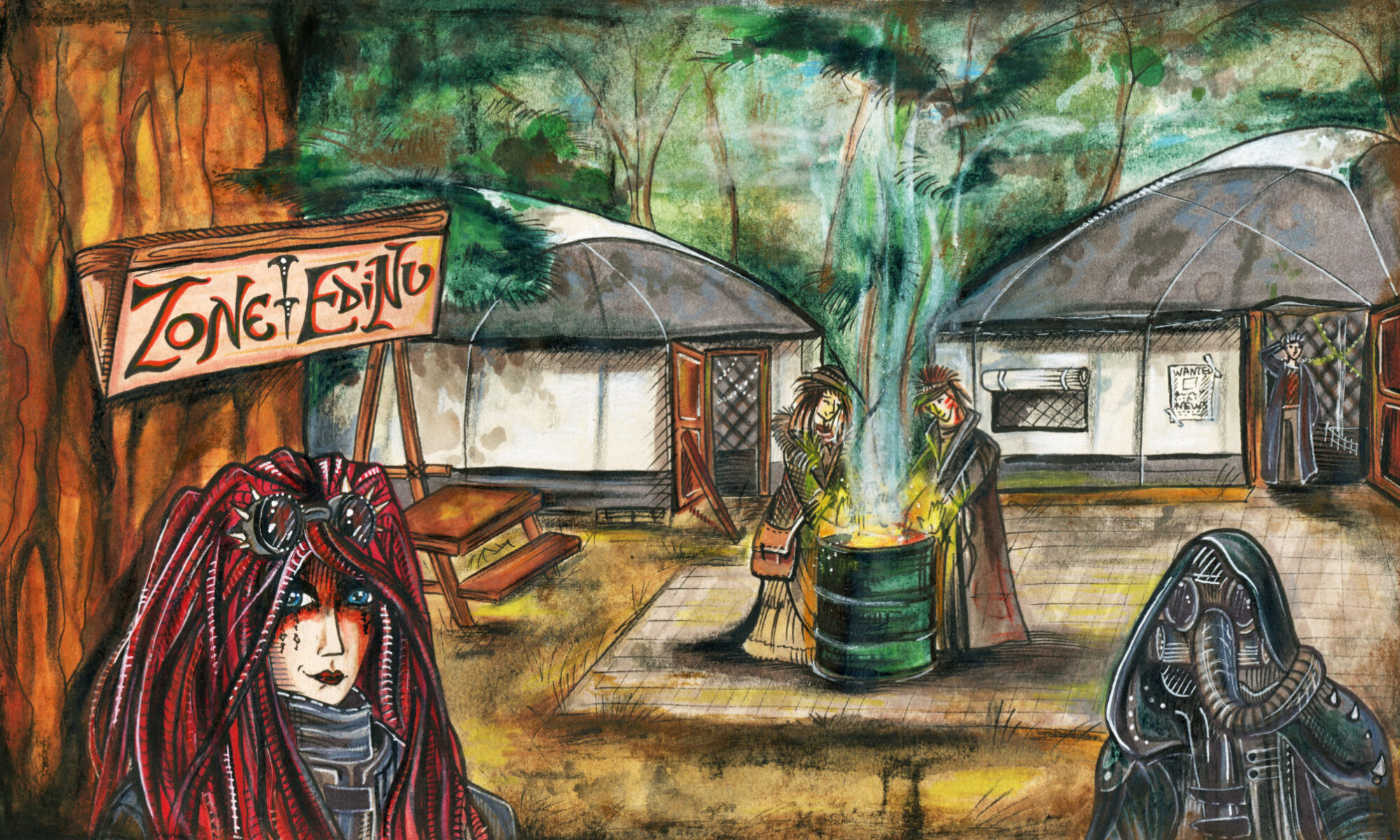We are presenting you a set of educational tools to work with young people on a risk of radicalization – an outcome of 3 years of tests and research on its effectiveness organized within the strategic partnership project “DiveIN – developing edu-LARP methodology to prevent violent radicalization of young people” funded from Erasmus+. The tools presented are based on edu-LARP methodology (educational Live Action Role Playing Games) enabling participants to develop attitudes constituting immune system from main triggers of radicalization process and giving a safe and controlled environment to live through, analyze and understand transformative experiences.
For whom?
Edu-LARPs can be used by youth workers, working with young people along non-formal education principles, skilled in managing group dynamics. Edu-LARP is a demanding methodology. Before the first try, we recommend to attend Training Courses developing specific competences connected with running edu-LARPs.
With whom?
Presented edu-LARP scenarios are dedicated to young people between 16-24 years old (they were tested also with 25-30 with slightly different focus during debriefings) on a risk of radicalization: from marginalized communities, on a risk of discrimination, minorities, living in unstable systems, on early stages of radicalization. Important note – be attentive towards participants` triggers (experiences of violence, traumas of the past), as they may cause unpredictable consequences for other players. Thorough preparation process and pre-LARRP workshops play crucial role in preparing safety measures and protocol adapted to all participants. Remember – edu-LARP may launch triggers, but doesn`t cause them. In this case recommended next step is directing participants for a therapy.
How to use?
Each edu-LARP from the publication requires specific preparation and setting. Explore the publication to know more.
What else will I find in the publication?
We present detailed analysis of how edu-LARP stimulates learning, what are mechanisms of learning and what can we expect from it. Next chapters present instructions and materials for 5 edu-LARP scenarios we prepared within this project and then how have we researched on their effectiveness. Research outcomes convince us that edu-LARP methodology, used with a great care and attention to preparation and debriefing, can develop attitudes preventing violent radicalisation of young people.
Feel encourages to dive into it!
Erasmus+ KA2 strategic partnership in the field of youth.

